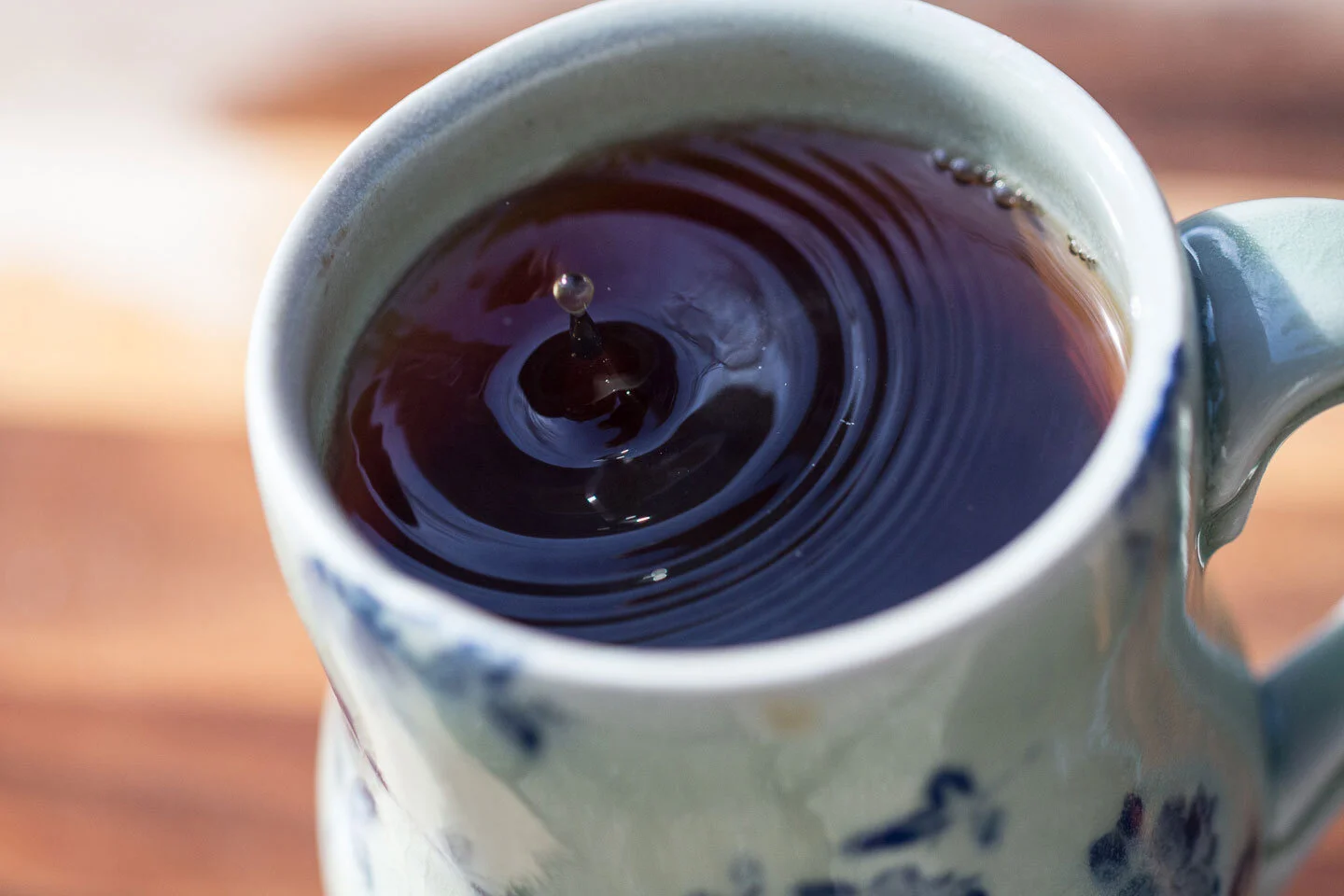I’ve had a weird week. First, everyone, and I mean EVERYONE appears to be sick. I was out for an errand today and every single civilian, customer, clerk, salesperson, bystander and onlooker was sniffing, coughing, groaning or complaining. It was another one of those “I wonder if the server disconnected” moments when I realized… I heard on the radio that there is another black death or some such coming out of China such that the airports are taking passenger temperatures. Maybe I should start thinking about stocking up for the coming “Mad Max” end times. By the way, my “normal” temperature has been the 36.4C/97.5F since I was a kid. If I’m 99.3F take me immediately to China.
[Note to self: Write about that Division Meeting where the chemists wouldn’t participate.]
Anyway, it’s just about the end of winter break and I’m thrilled to say I’m going to get to teach pharm this semester with a starting class of four (count ‘em) students. If 1/4-1/3 of them drop, it will be hilarious. On the other hand, if we decide to do a socially-conscious project, everyone can just jump in my Venza and we can go to drive-thru on the way.
The new 3-hour class meets twice weekly for 75 minutes (weird) and I’ve decided the first class will be a combo Sherlock Holmes case and show and tell. So I had to go get some show and tell stuff, so we could play the game of “What’s on the label”, “What’s actually in the bottle” and “What about Naomi?” Ugh I hate paying money for poison and placebos sold as medicine… but I had a $5 coupon for Target so I suppose the gods might forgive me.
Today I also renewed my nonpartisanmedicine.org domain. I still feel I should do something with it to teach internet health news literacy. I just get so cross when I see or hear folks with English or History degrees writing health or medical news, because 99% of the time it is wrong, and sometimes it is so incredibly wrong that it could potentially lead someone who doesn’t know better to eschew proven treatment for something either useless or something proven to be harmful.
Okay, and I fully understand that every 10 years 10% (that’s 1/10th) of what we think we know turns out to be wrong. But some stuff is statistically very very unlikely. Right? Like, if you have a wound infection, as a first move, will it be better to A) wash it out, keep it clean, drain any abscesses and take antibiotics or B) pour honey on it?
I mean, if someone pours honey on their dirty wound, they might live. People did it in the middle ages and some of those people lived. Most died horribly, sure. But statistically, some people do have amazing immune systems and are super lucky in terms of what random bacteria get into their wounds. So if you go back in time and talk to Larry the Grubby from Kent, who poured honey on his wound in 1342 after he was kicked by a horse and lived with only a scar to show for it, you might think, “Oh hey! This is a great idea! I’ll do this!” Because you don’t know about the 99 people who died of sepsis who tried the same thing.
Or maybe in modern times you read a report or article where someone poured pasteurized honey on a wound in addition to all the normal measures like antibiotics and the wound closed. So you think, “Oh hey, I knew it! My office mate told me that people have used honey for thousands of years on their filthy wounds, and the human race still exists, so it must be a great treatment!” Well, people drank donkey urine to cure a lot of problems in the past too; should you use that too? (Answer: No. No you shouldn’t).
I heard someone on a podcast this week say, “No one will research the wound healing properties of honey because big pharma can’t make money off of it.”
First of all, “big pharma” (or anyone) could of course make money off of it. Dude, in 1998 we paid $75 for each paper surgical gown used in a procedure. You don’t think companies could charge out the wazoo for some specially treated and labeled sugars? All they have to do is take some honey, filter and sterilize it, put it in special surgical packaging and charge $80 for the originally $1 honey. It’s a goldmine. Why didn’t I think of it?
Hold on, let me see if someone has… OMG on Amazon you can buy “medical grade honey” for $60 a bottle. That is hilarious. What a scam. I was even pretty good about guessing the price.
Second, no one is doing research on how it works because anyone who was paying attention in high school biology and chemistry knows how it works. It is anti-bacterial because it is just sugar (it’s the same chemical makeup as so-called high-fructose corn syrup) and the osmotic pull sucks all the fluid out of any water-filled cells it comes in contact with, including bacteria. (If you don’t believe me, pay attention the next time you eat a lot of concentrated sugar in one sitting (Halloween?). It will suck water out of your stomach and intestinal cells and the water now inside your bowels will stretch them, triggering cramps and diarrhea. You’re welcome!)
Anyway, it makes me cross when people say they are an expert in something medical when they definitely aren’t even close.
Regardless, next time I get a wound, I’ll take the clean water and antibiotics please. I’ll reserve the sugar for my tea.
Photo by Linnea Boyev
Norwegian phrase of the day: honning og sukker
Translation: honey and sugar
Use in a sentence: Bare de største krigerne bruker honning of sukker i Valhall!
Only the greatest warriors use honey and sugar in Valhalla!
